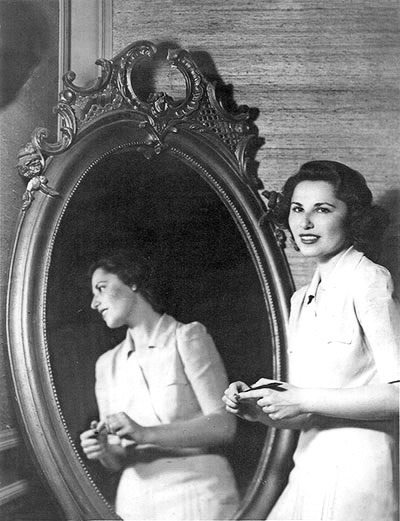by Thomas O’Dwyer

The Nobel Prize season is almost upon us and writers who cover the events are poised as usual to see if the awards ride in on any juicy scandals. In particular, we’re watching you, Peace and Literature. This pandemic year’s winners will have no glitter to adorn their prizes, no lavish dinners, no rubbing shoulders with royalty. Of all the Nobel Prizes, Literature has been the most battered in the 120 years of their existence. The very first prize in 1901 was roundly criticised. It went to a now-forgotten French poet, Sully Prudhomme, instead of to the literary world’s favourite candidate, Leo Tolstoy. And so it has continued, with annual winners variously denounced as too Swedish (seven of them), too obscure, too European, too male (only 15 women out of 101 awards), too white, too unworthy, too shallow (sorry, Bob Dylan). The Nobel Committee itself collapsed in 2018 and awarded no prize after an internal sex and finance scandal. The list of controversies over ignored worthy authors is itself book-length — among them were Henrik Ibsen, Émile Zola, Mark Twain, James Joyce, Graham Green, Robert Graves.
One of the more offensive rejections by the Nobel Committee was in 1962 when Lawrence Durrell was dismissed in favour of John Steinbeck. This was “one of the Academy’s biggest mistakes” wrote one Swedish newspaper. On the day of the award, a critic asked Steinbeck if he deserved it. He replied, “Frankly, no.” Swedish journalist Kaj Schueler in 2013 revealed that Durrell was not chosen because “they did not think that The Alexandria Quartet was enough, so they decided to keep him under observation for the future”. Read more »
